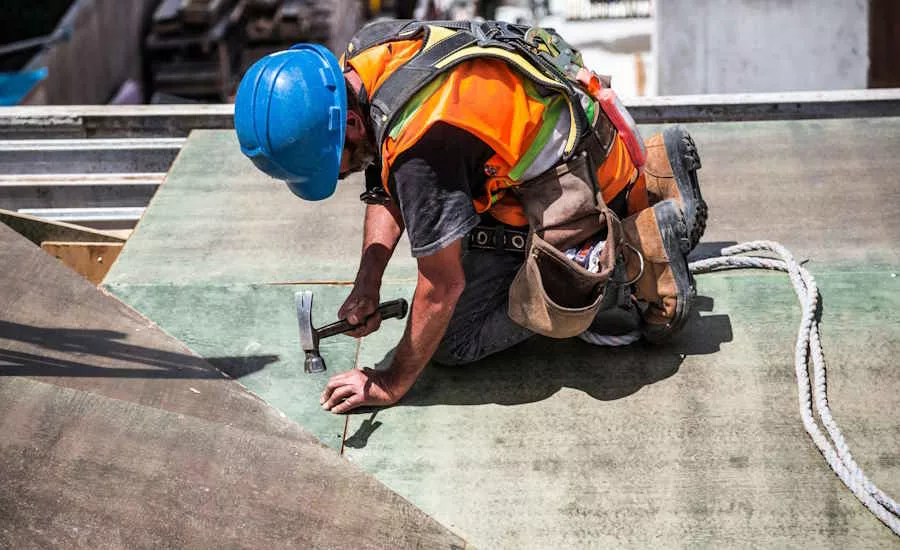Federal Departments Increase H-2B Nonimmigrant Visas for 2024
Visas meant to help businesses suffering "irreparable harm or will suffer impending irreparable harm"

Photo by Burst.
The Department of Labor and Department of Homeland Security announced a temporary file rule that will increase the limit of H-2B nonimmigrant visas by nearly 65,000 for 2024.
According to a joint statement from the departments, the supplemental visas – totaling 64,716 – will be available to U.S. businesses “that are suffering irreparable harm or will suffer impending irreparable harm” without the ability to employ H-2B workers. Last year, the departments made the same move by making 64,716 additional H-2B temporary nonagricultural worker visas available for fiscal year 2023.
"[The] NRCA had urged the federal agencies to issue these additional visas and is pleased with the administration’s action to release them earlier than in previous years, which will help employers meet their peak workforce needs in fiscal year 2024," the National Roofing Contractors Association said on its website.
To assist businesses that need workers to begin work on different start dates, the supplemental visas will be distributed in several allocations, including two separate allocations for the second half of fiscal year 2024.
Of the additional visas, 44,716 are available only for returning workers (workers who received an H-2B visa or were otherwise granted H-2B status in one of the last three fiscal years). The remaining 20,000 visas are set aside for nationals of El Salvador, Guatemala, Honduras, Haiti, Colombia, Ecuador, and Costa Rica (country-specific allocation) who are exempt from the returning worker requirement.
To qualify for the additional 64,716 visas, petitions must be received at the Texas Service Center by Sept. 16, 2024.
In order to qualify for an H-2B petition, applicants must meet all existing H-2B eligibility requirements, including obtaining an approved temporary labor certification from the Department of Labor that is valid for the entire employment period stated on the petition. The employment start date on the petition must match the employment start date on the certification, even if that date has passed.
According to the departments, petitioners must “retain evidence and records proving compliance with the rule” and demonstrate their business is suffering irreparable harm or will suffer impending irreparable harm if they are unable to employ all the H-2B workers requested in their petition.
Learn more here.
Looking for a reprint of this article?
From high-res PDFs to custom plaques, order your copy today!






.webp?height=200&t=1762476336&width=200)